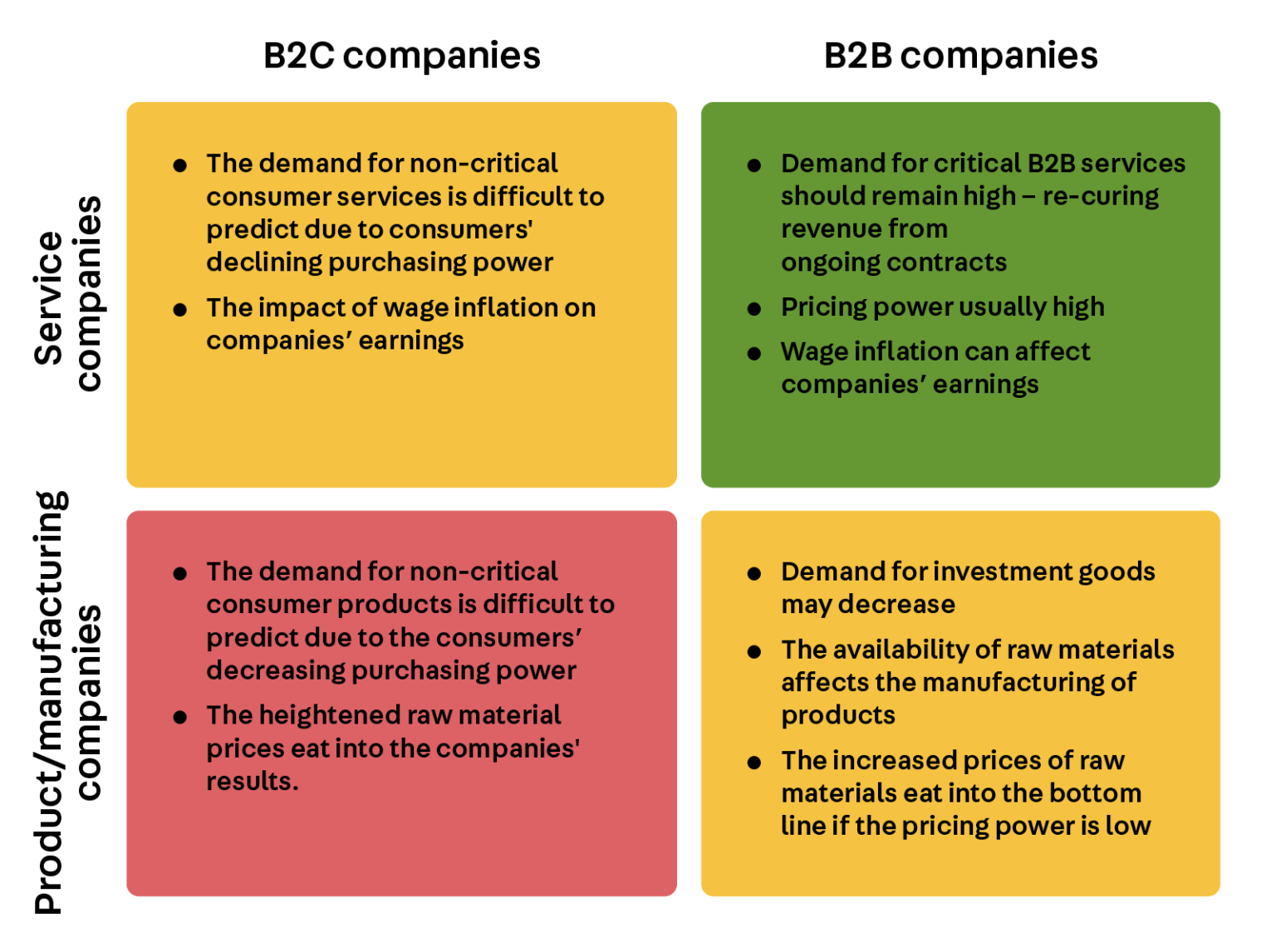How Student Loans Affect Your Mortgage Approval

Table of Contents
Securing a mortgage is a significant financial milestone, but outstanding student loan debt can significantly impact your chances of approval. This comprehensive guide explores the complex relationship between student loans and mortgage approval, providing valuable insights for prospective homeowners grappling with student loan repayment. We'll delve into how lenders assess your debt-to-income ratio, the impact of various loan repayment plans, and strategies to improve your mortgage approval odds despite student loan debt.
Understanding Your Debt-to-Income Ratio (DTI)
Your Debt-to-Income Ratio (DTI) is a crucial factor in mortgage pre-approval. Lenders use it to assess your ability to manage monthly payments. A high DTI, often inflated by significant student loan payments, can significantly reduce your borrowing power or even lead to mortgage denial. Understanding your student loan DTI is the first step in navigating the mortgage process.
-
Lenders generally prefer a DTI below 43%. While some lenders may be more flexible, aiming for a lower DTI significantly increases your chances of approval. A lower DTI demonstrates to lenders your ability to comfortably manage your existing debts alongside a new mortgage payment.
-
High DTI can lead to higher interest rates or mortgage denial. If your DTI is too high, lenders may perceive you as a higher risk, resulting in either a denial of your application or significantly higher interest rates to compensate for the increased risk. This can substantially increase the overall cost of your mortgage over time.
-
Calculate your DTI by adding all monthly debt payments (including student loans, credit cards, car payments, etc.) and dividing by your gross monthly income. This calculation provides a clear picture of your financial obligations relative to your income. Many online calculators are available to simplify this process.
-
Explore strategies to lower your DTI before applying for a mortgage (see below). Proactive steps to reduce your DTI will significantly improve your mortgage approval prospects. Addressing high-interest debt is a key part of this process.
The Impact of Different Student Loan Repayment Plans
Your choice of student loan repayment plan can significantly influence your DTI and, consequently, your mortgage application. Understanding how different repayment plans affect your monthly payments and credit history is crucial.
-
Income-driven repayment (IDR) plans may temporarily lower your monthly payments, making them seem appealing. However, they can sometimes extend the repayment period, leading to higher overall interest paid. Furthermore, if not managed carefully, they can negatively impact your credit score, especially if your income fluctuates significantly, potentially hurting your mortgage application.
-
Standard repayment plans typically involve higher monthly payments but offer a more consistent repayment history which lenders favor. Consistent on-time payments demonstrate financial responsibility and stability, improving your chances of mortgage approval.
-
Consider the long-term implications of each repayment plan. Don’t solely focus on the immediate monthly payment. Consider the total interest paid and the effect on your credit score when making your decision.
-
Consult with a financial advisor to determine the best plan for your situation. A financial advisor can help you weigh the pros and cons of different repayment plans based on your individual financial circumstances and goals.
-
Be transparent with your lender about your repayment plan. Open communication with your lender about your student loan situation fosters trust and demonstrates your willingness to cooperate throughout the process.
Strategies to Improve Your Mortgage Approval Odds with Student Loan Debt
While student loan debt can be a challenge, several strategies can significantly improve your chances of mortgage approval. These strategies focus on improving your DTI, credit score, and overall financial picture.
-
Pay down high-interest debt before applying for a mortgage. Focusing on reducing high-interest debt, like credit cards, frees up more of your income to allocate towards your student loans and future mortgage payment.
-
Make extra student loan payments to reduce the principal balance. Even small extra payments can significantly reduce your principal amount over time, lowering your monthly payments and improving your DTI.
-
Improve your credit score by paying bills on time and maintaining low credit utilization. A higher credit score demonstrates financial responsibility and reduces the perceived risk for lenders.
-
Consider a mortgage with a longer repayment term to lower monthly payments. A longer term will result in lower monthly payments, but ultimately, you’ll pay more interest over the life of the loan.
-
Save for a larger down payment to reduce the loan amount. A larger down payment reduces the amount you need to borrow, lowering your monthly payments and improving your DTI.
-
Explore government-backed loans with more lenient requirements. These loans often have less stringent requirements than conventional loans, making them a viable option for borrowers with student loan debt.
Seeking Professional Financial Advice
Navigating the complexities of student loans and mortgage applications can be challenging. Seeking professional guidance from a financial advisor, mortgage broker, or student loan counselor can provide personalized strategies to maximize your chances of approval. They can assist with:
- Developing a personalized financial plan tailored to your specific situation.
- Optimizing your debt management strategies to improve your DTI.
- Identifying the most suitable mortgage options given your financial circumstances.
- Negotiating better terms with lenders.
Conclusion
Student loans can impact your mortgage approval, primarily through their effect on your debt-to-income ratio. Understanding your DTI, choosing a suitable student loan repayment plan, and implementing strategies to improve your financial profile are crucial. Proactive planning and professional guidance significantly enhance your prospects. Don't let student loan debt derail your dream of homeownership. Start planning your mortgage application strategically, considering the impact of your student loans. Use our resources today to effectively navigate the challenges of student loans and mortgage approval!

Featured Posts
-
 Recuperacion De Capital El Descongelamiento De Cuentas De Koriun
May 17, 2025
Recuperacion De Capital El Descongelamiento De Cuentas De Koriun
May 17, 2025 -
 Moto News Gncc Mx Sx Flat Track And Enduro Racing Updates
May 17, 2025
Moto News Gncc Mx Sx Flat Track And Enduro Racing Updates
May 17, 2025 -
 Is Josh Hart The Knicks Version Of Draymond Green Analyzing His Contributions
May 17, 2025
Is Josh Hart The Knicks Version Of Draymond Green Analyzing His Contributions
May 17, 2025 -
 David Del Valle Uribe El Orgullo De Reynosa En La Olimpiada Nacional
May 17, 2025
David Del Valle Uribe El Orgullo De Reynosa En La Olimpiada Nacional
May 17, 2025 -
 Cassidy Hutchinson Jan 6th Hearing Testimony And Upcoming Memoir
May 17, 2025
Cassidy Hutchinson Jan 6th Hearing Testimony And Upcoming Memoir
May 17, 2025
Latest Posts
-
 Uber Stock A Recession Resistant Investment Expert Analysis
May 17, 2025
Uber Stock A Recession Resistant Investment Expert Analysis
May 17, 2025 -
 Is Uber Recession Proof Analyzing The Stocks Resilience
May 17, 2025
Is Uber Recession Proof Analyzing The Stocks Resilience
May 17, 2025 -
 Uber Stock And Recession Why Analysts Remain Bullish
May 17, 2025
Uber Stock And Recession Why Analysts Remain Bullish
May 17, 2025 -
 Real Money Online Casinos New Zealand 7 Bit Casino And Other Top Choices
May 17, 2025
Real Money Online Casinos New Zealand 7 Bit Casino And Other Top Choices
May 17, 2025 -
 Could These Etfs Profit From Ubers Autonomous Vehicle Technology
May 17, 2025
Could These Etfs Profit From Ubers Autonomous Vehicle Technology
May 17, 2025
